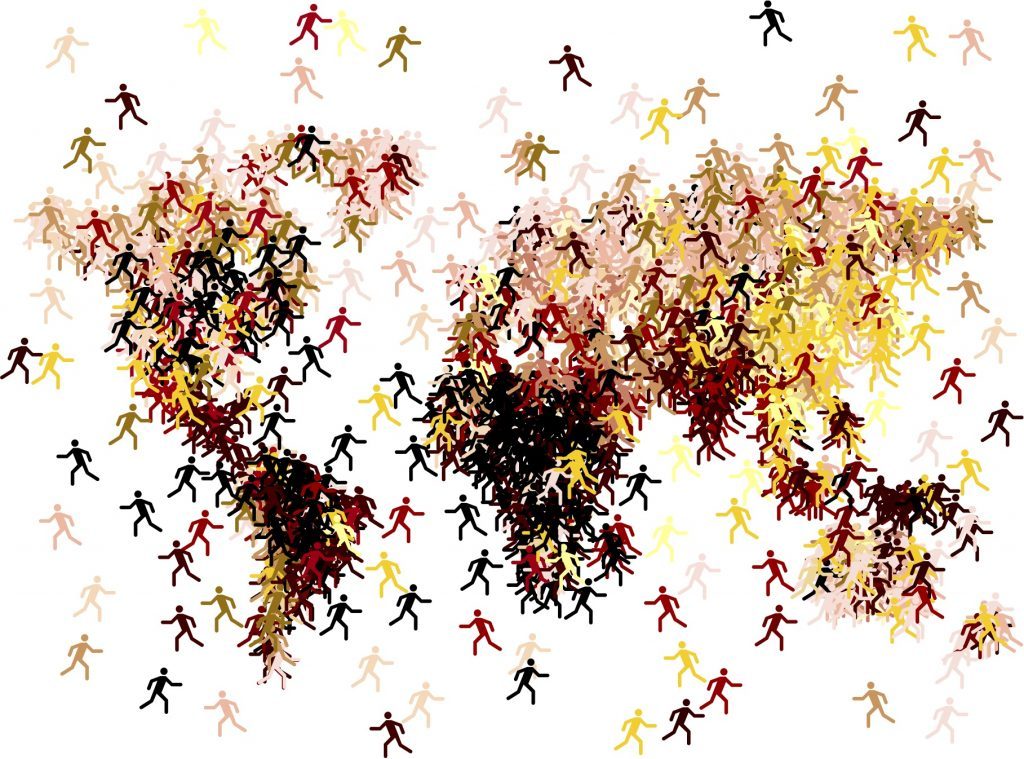The Supreme Court handed down judgment in the case of MS (Pakistan) v Secretary of State for the Home Department (SSHD) [2020] UKSC 9. This article is written by Matt Evans, director of the AIRE Centre which intervened in the case.
The case was the Supreme Court’s first opportunity to consider complex issues concerning the identification of victims of trafficking and the judgment provides welcome clarity on the law governing the identification and treatment of victims of trafficking and modern slavery.
The appeal focused on the relationship between the decision-making process of the competent authority of the executive in the UK, known as the National Referral Mechanism (‘NRM’), and the immigration appeals tribunals. In particular, the case addressed;
- whether the immigration appeals tribunals are bound to accept the decisions of the NRM as to whether a person is a victim of trafficking. The Court of Appeal had said that tribunals could only go behind an NRM decision if it was perverse, irrational, or ultra vires; and
- the relevance of a finding that a person has been trafficked to any immigration decisions that come before the immigration appeals tribunals.
This is an important case because human trafficking often involves the movement of people across international borders who then face subsequent immigration issues. The facts here were that MS arrived in the UK from Pakistan aged 16, having been subject to forced labour and physical abuse whilst in Pakistan. In the UK, he was also subject to forced labour.
The NRM made a finding that that MS was not a victim of trafficking. MS appealed a subsequent decision to remove him from the UK (following an unsuccessful claim for asylum) from the immigration appeals tribunals via the Court of Appeal, who rejected his case, to the Supreme Court.
The Supreme Court held that the immigration appeals tribunals are in no way bound by the decision of the NRM, nor does it have to look for reasons as to why that decision is flawed. As Lady Hale noted in her judgment (which was unanimously agreed): ‘This is an important matter. As the AIRE Centre points out, had the tribunal been bound by such decisions, it could have had a profoundly chilling effect upon the willingness of victims to engage with the NRM mechanism.’
The Supreme Court found that in this case both tribunals were better placed to decide whether MS was a victim of trafficking than the NRM, having heard live evidence from MS (which the NRM did not).
The Supreme Court also considered the relationship between the 2005 Council of Europe Convention on Action against Trafficking in Human Beings (‘ECAT’) and Article 4 ECHR.
Lady Hale ruled that once MS was found to have been a victim of trafficking, it was necessary to decide whether his removal from the UK would amount to a breach of the positive obligations in Article 4 ECHR (prohibition of slavery and forced labour). The Court found that MS had not been allowed an effective investigation of the breach of Article 4 and that the UK authorities were under a positive obligation to rectify such a failure. Such an investigation would not be possible if MS was removed to Pakistan.
While the court does not directly ‘decide’ to what extent ECAT has been imported wholesale into Article 4 ECHR (because it was not in the end directly in issue), there are lots of very relevant obiter remarks (paras 20-27). This is a boost for those who want to argue about how ECAT applies domestically.
Another interesting issue (for potential interveners at least) that arose in this case, was that the Equality and Human Rights Commission were able to successfully apply to continue in the original claimants place (MS himself withdrew from the case) in order to allow the appeal to proceed.







